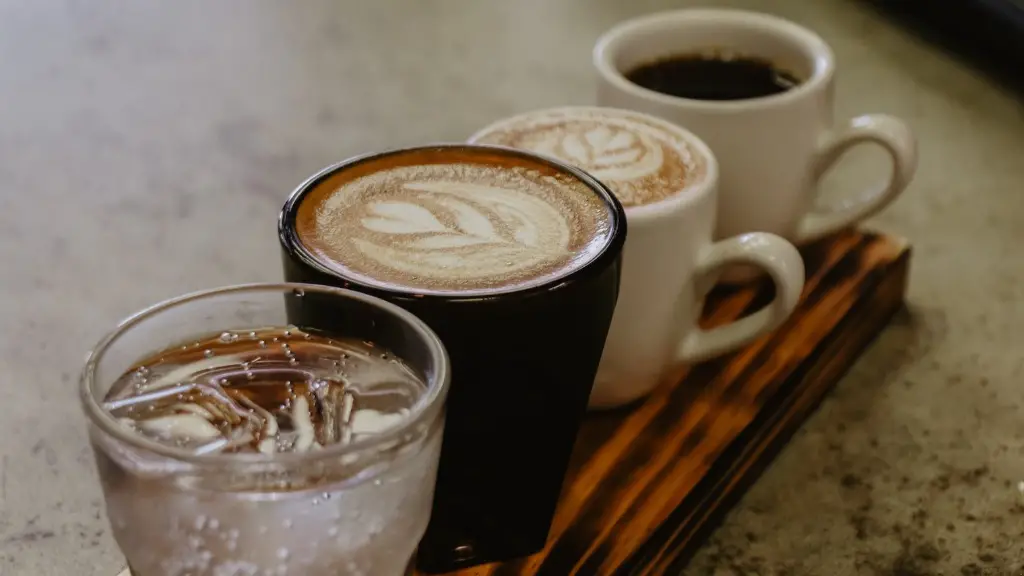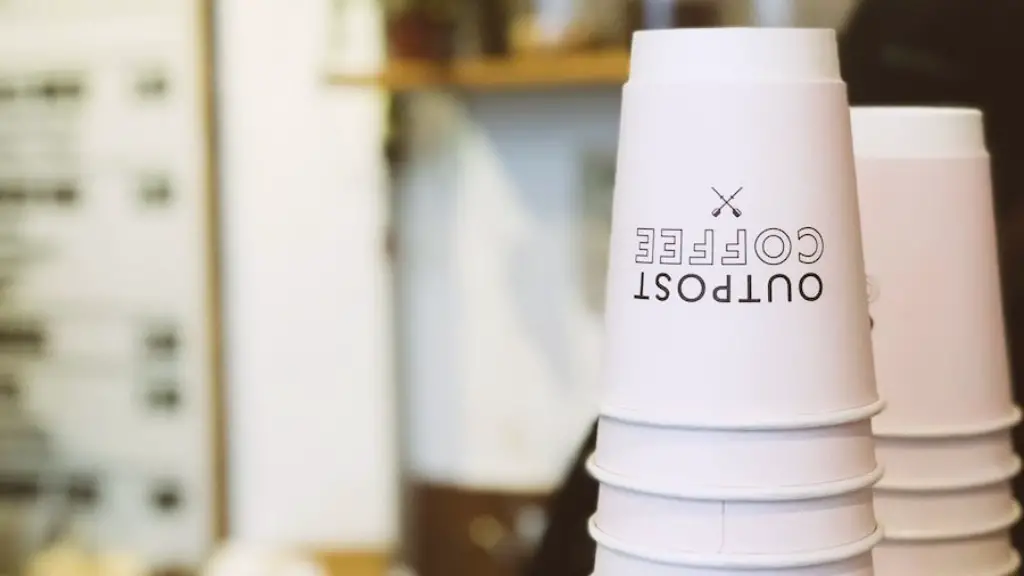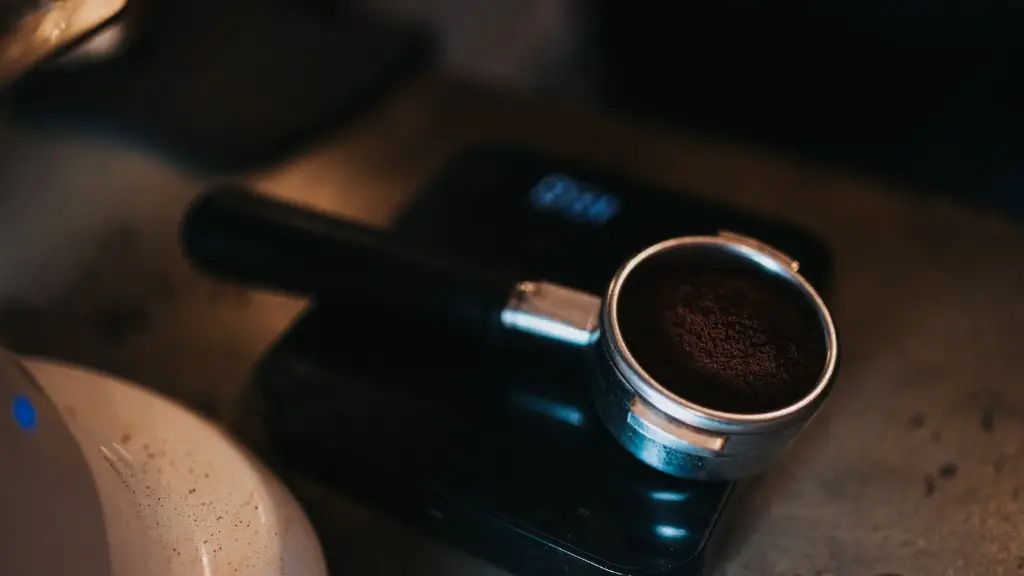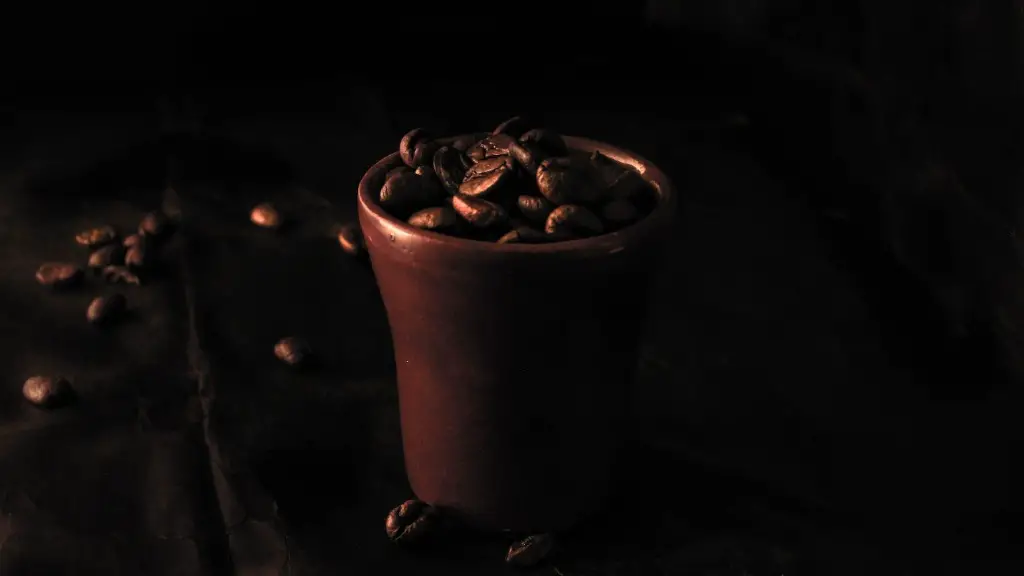Can You Drink Coffee After Rhinoplasty?
It’s easy to assume that drinking coffee after a rhinoplasty procedure would be permissible. After all, coffee is a delicious treat that can wake us up and get us through the day. Unfortunately, it may not be the wisest decision. It’s important to understand the effects of caffeine on the body, even after a rhinoplasty.
Rhinoplasty, or “nose job” as it is popularly referred to, is a type of plastic surgery procedure designed to alter the shape and size of the nose. The procedure can involve anything from removing bumps or reshaping the tip of the nose to improving the angle between the nose and upper lip. It can also involve reducing the size of the nostrils, as well as augmenting the bridge of the nose. In most cases, the procedure is safe and relatively simple.
After surgery, it’s essential to follow the doctor’s orders for postoperative care. Doctors generally recommend avoiding certain activities, like strenuous physical activity, for several weeks. It is also recommended that patients refrain from consuming certain foods and drinks, including coffee. In general, coffee should not be consumed for at least one to two weeks following rhinoplasty.
Caffeine can cause dehydration, which can lead to the retention of fluids. The accumulation of fluids during recovery can adversely affect the healing process. Additionally, coffee can increase the risk of bleeding and infection, which should be avoided at all costs. In order to speed up the recovery process, it’s best to avoid coffee.
Doctors may also suggest avoiding alcoholic beverages following rhinoplasty. Alcohol can cause dehydration and impede the healing process. Additionally, alcohol can thin the blood, leading to increased bleeding and slowing the healing process. Therefore, the consumption of alcohol is generally discouraged until after the healing process has been completed.
Sometimes, people may be tempted to consume coffee or other caffeinated beverages in order to stay awake. This can be highly problematic, as it can make the healing process take longer. Additionally, coffee can often increase the level of discomfort experienced while recovering from rhinoplasty. Therefore, it is recommended to avoid coffee and other caffeinated drinks while recovering from rhinoplasty.
For how long is coffee banned after rhinoplasty?
For most patients, doctors usually recommend avoiding coffee and other caffeinated drinks for approximately one to two weeks following their rhinoplasty procedure. During this time, the body is undergoing significant healing. Consuming caffeine during this time can impede the healing process or even cause adverse reactions, so it is best to avoid it.
The amount of time recommended for avoiding coffee can be different for each patient. Factors such as the overall health of the patient and the type of procedure performed can affect the length of time before coffee can be resumed. It’s always important to listen to your doctor’s instructions, as they know best when it comes to postoperative care.
If you’re feeling the need for an energy boost, there are plenty of alternatives to coffee. For those with a sweet tooth, herbal teas such as chamomile or ginger tea are much safer post-op options. One of the most popular alternatives to coffee is green tea. Green tea is known to reduce stress, boost the immune system, and improve digestion. It also contains polyphenols, which can help reduce inflammation and speed up the healing process.
If you’re feeling thirsty, drinking plenty of water is important. Staying well-hydrated is necessary for any surgical procedure, as it can help the body to recover more quickly. Additionally, there are electrolyte drinks available on the market which can help to replenish the body’s minerals and vitamins during recovery.
What other precautions should I take after a rhinoplasty?
When recovering from a rhinoplasty procedure, there are certain safety measures that you need to be aware of. For instance, it’s important to keep in mind that certain activities can increase the risk of infection. Therefore, it’s important to limit physical activity for up to two weeks following the procedure. Additionally, it’s important to ensure that the wound area is kept clean and dry to avoid the risk of infection.
in addition to avoiding coffee and other caffeinated beverages, it’s also important to avoid smoking. Smoking can severely affect the body’s healing process. It can also cause scar tissue to form, which is something that can be frustrating when trying to achieve a desired aesthetic outcome.
One of the most important precautions to remember is to avoid blowing your nose. This can be difficult, as it is natural to want to release pressure in the nasal cavity. However, it’s important to remember that blowing your nose can increase the chances of infection and even cause further damage to the incisions or tissue inside the nostrils, thereby delaying the healing process.
Finally, it’s important to be consistent with taking any medications prescribed by your doctor. Pain medication may be prescribed to manage any discomfort you experience during recovery. Follow the instructions provided to you in order to ensure that you recover in a safe and timely manner.
Are there any additional considerations after a rhinoplasty?
There are a few other considerations to keep in mind when recovering from a rhinoplasty.>For example, doctors often recommend that their patients sleep with their heads elevated for several days or even weeks. This can help to reduce swelling and ensure that the tissue heals properly.
Your doctor may also suggest wearing a splint or brace on the nose for the first few days after surgery. This can help to protect the area while it is healing and can help to reduce discomfort as well. It’s also important to apply sunscreen when going outside, as sun exposure can cause damage to the skin.
It’s essential to follow your doctor’s orders for proper postoperative care. Be sure to keep all appointments for follow-up visits and to report any issues you’re experiencing to your doctor. Your doctor may ask you to keep a special post-operative care journal and will provide specific instructions for activities you should or should not do during the recovery process.
Should I consult my doctor before drinking coffee?
Yes, it is important to consult your doctor before resuming the consumption of any caffeine after a rhinoplasty. Although it is generally safe to drink coffee or other caffeinated beverages one to two weeks after the procedure, it is always best to talk to your doctor first. Your doctor can provide you with specific instructions that best fit your individual situation.
In addition to discussing your postoperative care plan with your doctor, it’s important to discuss any medications you may be taking. Your doctor can inform you about which medications may interact negatively with caffeine. Additionally, if you have any underlying medical conditions, such as hypertension, diabetes, or heart disease, your doctor may advise you to avoid caffeine altogether.
Is coffee allowed after rhinoplasty?
Yes, it is typically allowed to drink coffee or other caffeinated beverages one to two weeks after undergoing rhinoplasty. However, it is important to consult your doctor first and follow all of his or her postoperative care instructions. Additionally, individuals should be mindful of the other potential risks that consuming coffee or other caffeinated drinks may involve, such as dehydration, increased bleeding and infection.
In addition to avoiding caffeinated drinks, there are a few other precautions to keep in mind when recovering from a rhinoplasty. It is important to avoid strenuous physical activity and alcohol, as both can interfere with the healing process. Additionally, smoking should be avoided and proper hydration is necessary. Following these measures can help ensure that the healing process goes smoothly.





